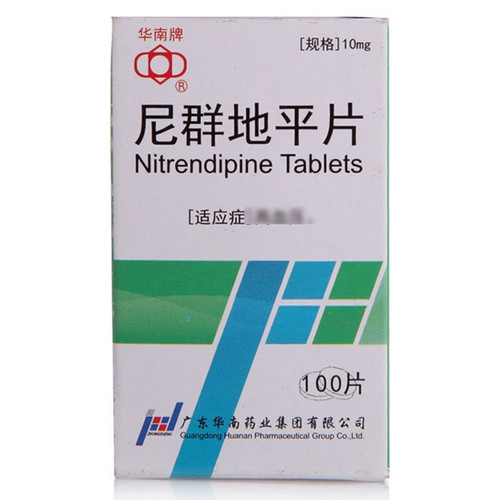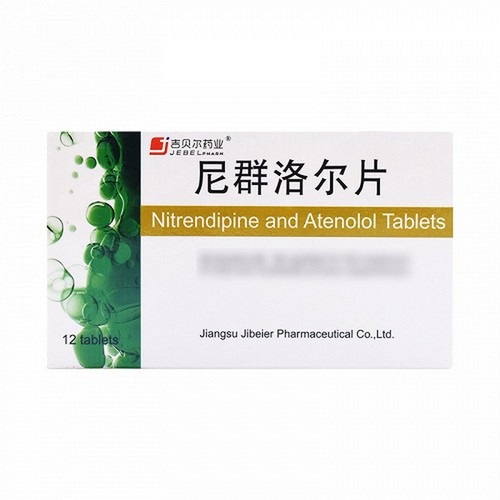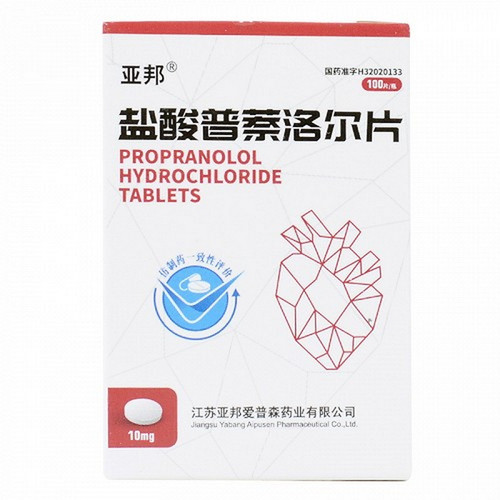Product Overview
[Drug Name]
Generic Name: Nitrendipine Tablets
Trade Name: NanGuo NiQunDiPingPian 10mg*100 Tablets
Pinyin Code: NanGuo NiQunDiPingPian 10mg*100 Tablets
[Main Ingredient]
Chemical Name: 1-Methylethyl-2-methoxyethyl, 1,4-dihydro-2,6-dimethyl-4-(3-nitrophenyl)-3,5-pyridinedicarboxylate
Molecular Formula: C₂₁H₂₆N₂O₁
Molecular Weight:418.44
[Properties]
This product is a pale yellow tablet.
[Indications/Main Functions]
It is indicated for patients with hypertension, especially for cerebral vasospasm after subarachnoid hemorrhage of various causes and for improving blood circulation during the recovery period of acute cerebrovascular disease. It has also been used for ischemic neuroprotection and the treatment of vascular dementia, but its effectiveness is uncertain.
[Specifications]
10mg x 100 tablets
[Dosage and Administration]
Usual adult dosage: Initially take 10mg orally once daily, which can be increased to 20mg twice daily as needed.
[Adverse Reactions]
Less common side effects include headache and facial flushing; more rare side effects include dizziness, nausea, hypotension, ankle edema, angina attacks, and transient hypotension. Hypersensitivity to this product may result in allergic hepatitis, rash, or even exfoliative dermatitis.
[Contraindications]
This product is contraindicated in patients with allergies or severe aortic stenosis.
[Drug Interactions]
1. In most patients taking a beta-blocker, the combined use of this drug enhances the antihypertensive effect and can reduce the tachycardia that occurs after the drug lowers blood pressure. However, in some patients, it may induce and aggravate systemic hypotension, heart failure, and angina. 2. The combined use of angiotensin-converting enzyme inhibitors is well tolerated and enhances the antihypertensive effect. 3. Long-acting nitrates are well tolerated when used concomitantly, but there is a lack of literature evaluating their effectiveness in controlling angina. 4. Some studies with digitalis suggest that this medication can increase digoxin plasma concentrations by an average of 45%. Some studies suggest that it does not increase digoxin plasma concentrations or toxicity. It is recommended that digoxin plasma concentrations be monitored during initial use, dose adjustments, or discontinuation of nitrendipine to prevent digoxin overdose or underdose. 5. There are no reports demonstrating that the coadministration of nitrendipine with coumarin anticoagulants increases the prothrombin time of coumarin anticoagulants. Currently, there is no definitive evidence of an interaction between these agents. 6. Cimetidine can mediate inhibition of hepatic cytochrome P450 enzymes, altering the first-pass effect of nitrendipine. Therefore, it is recommended that patients taking cimetidine be cautiously advised to adjust their dosage when taking nitrendipine concomitantly.
[Precautions]
1. Elevated blood alkaline phosphatase may occur in a minority of cases. 2. Blood concentrations may increase in patients with hepatic impairment, but the pharmacokinetics are minimally affected in patients with renal insufficiency. Use this drug with caution in these situations. 3. Most patients experience only mild, tolerable hypotension after taking this drug, but some may experience severe systemic hypotension. This reaction often occurs during the initial dose adjustment or when the drug is increased, especially when taken with a β-blocker. Therefore, blood pressure should be measured regularly while taking this drug. 4. A very small number of patients, particularly those with severe coronary artery stenosis, have been shown to experience an increased incidence of angina or myocardial death while taking this drug or increasing the dose. The mechanism is unclear. Therefore, regular electrocardiograms should be performed while taking this drug. 5. A small number of patients receiving β-blockers may develop heart failure after starting this drug. The risk is greater in patients with aortic stenosis.
[Pediatric Use]
Unclear.
[Elderly Use]
Unclear.
[Overdose]
Unclear. Pharmacology and Toxicology
1. This product is a dihydropyridine calcium channel blocker. 2. This product inhibits transmembrane calcium influx in vascular smooth muscle and myocardium, but its effects are primarily vascular, resulting in a strong vascular selectivity. 3. This product causes dilation of systemic blood vessels, including coronary arteries and renal arterioles, resulting in a hypotensive effect. Carcinogenicity, Mutagenicity, and Reproductive Toxicity: Oral administration of the congener nifedipine to rats for two years revealed no carcinogenic effects. In vivo mutagenicity studies were negative.








